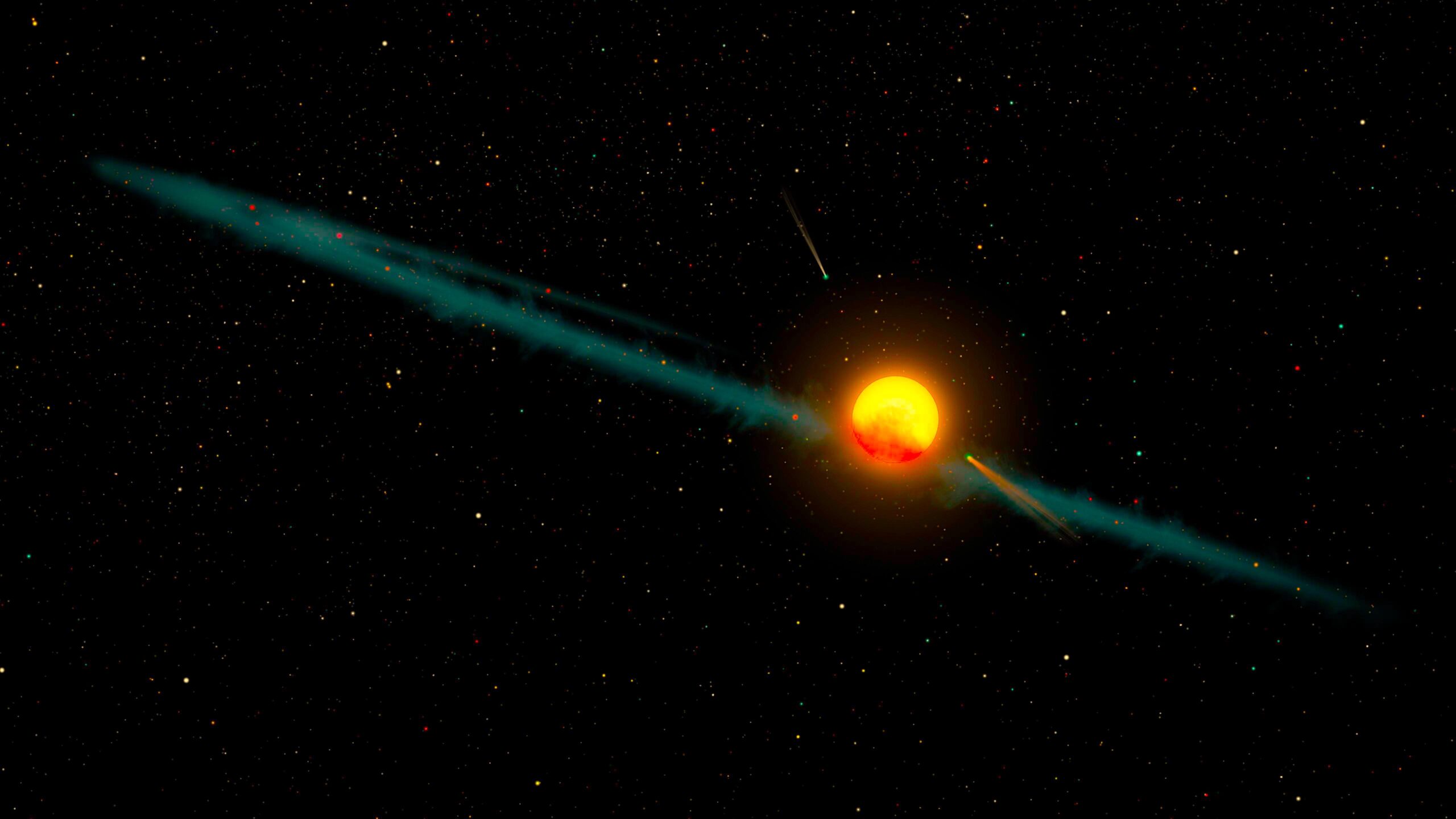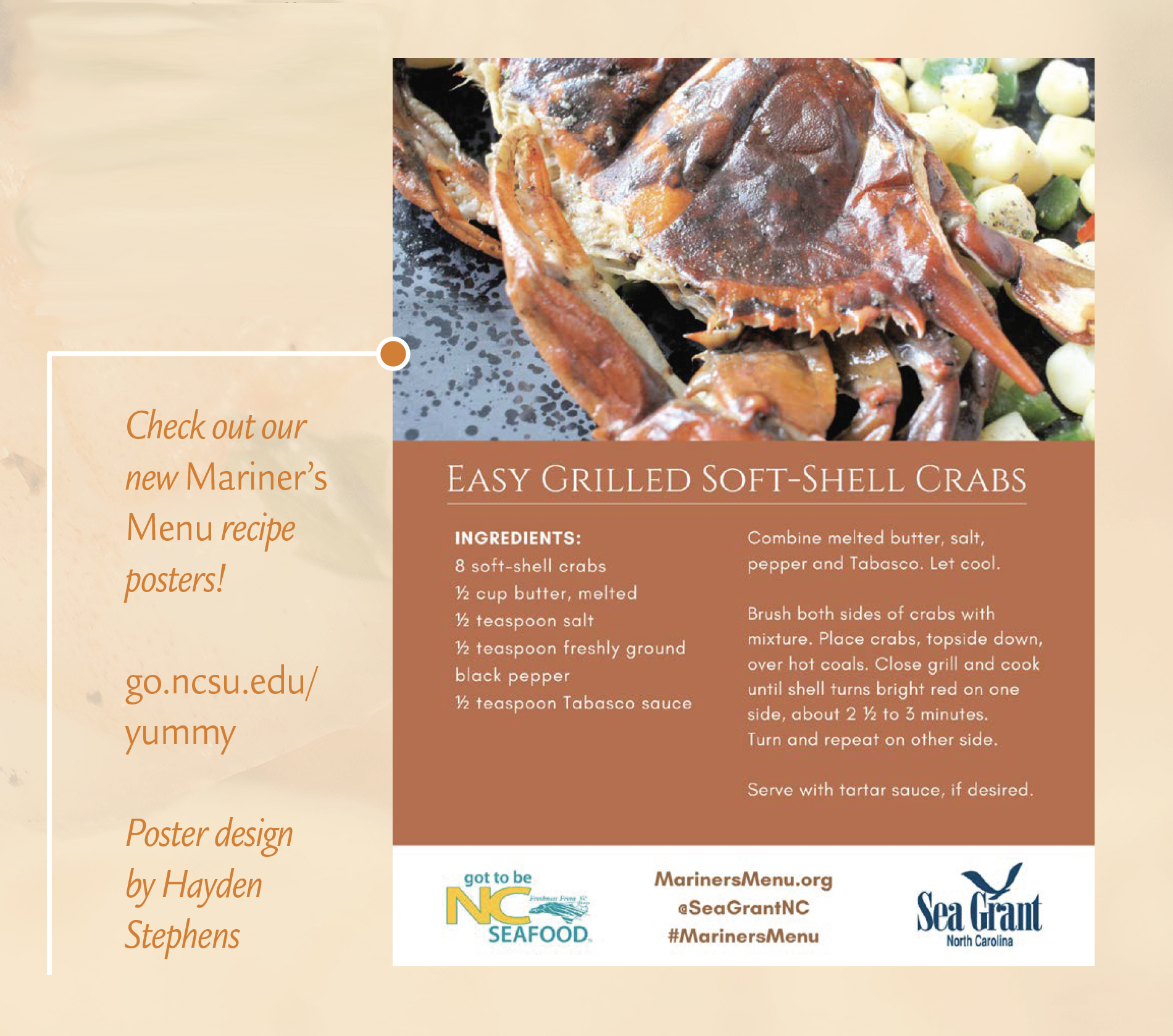Reflecting on Marine Conservation at the State Department
By BRIANNA ELLIOT
I was lucky enough to spend my summers growing up along coastal North Carolina, where I literally watched loggerhead sea turtles nest in my backyard. North Carolina’s barrier island ecosystems undoubtedly guided my personal and professional interests to largely focus on domestically driven policy on protected species, primarily sea turtles and marine mammals.
I pursued these interests at the University of North Carolina Wilmington and Duke University for my bachelor’s and master’s, respectively. Thus, my personal and academic ties are deeply rooted to issues facing North Carolina. As a 2018 Dean John A. Knauss Marine Policy Fellow, I made the decision to use this opportunity to pull myself out of my comfort zone as much as possible and work with the U.S. Department of State, Office of Marine Conservation.
International Marine Conservation at the State Department
Whenever I tell people that I am working with the State Department for my fellowship, almost every reaction is “Why? Does the State Department even work on oceans?”
Prior to my fellowship year, I will admit that I was pretty naïve and unaware as to how the State Department engages on ocean issues. When you think about it, however, many marine species — such as fish, turtles, and marine mammals — are migratory species that don’t recognize political or jurisdictional boundaries, and neither do many issues involving the oceans, including marine debris or ocean noise.
That’s where the State Department comes in. If there is any international hook to a marine conservation issue, the State Department collaborates, negotiates, and builds capacity with other nations to conserve and sustainably manage our oceans. Teams work very closely with other domestic agencies, such as the National Oceanic and Atmospheric Administration and the U.S. Coast Guard, to accomplish this work.
The Office of Marine Conservation is one of two oceans-focused offices at State housed within the Bureau of Oceans and International Environmental and Scientific Affairs. In broad terms, anything involving international fish or other living marine species comes across their desk. This involves U.S. participation in regional fishery managements organizations (RFMOs); addressing illegal, unreported, and unregulated fishing (IUU); addressing marine debris and ghost gear; international efforts to require Turtle Excluder Devices (TEDs) on shrimp imported to the U.S.; and many, many more issues.
I have only been at the State Department for just over two months, but my portfolio has included assisting with several RFMOs, assisting with planning for bilateral fisheries meetings with other nations, planning for the fifth Our Ocean Conference, and being the liaison at the State Department for two domestic fisheries regulations with impacts on other species: the Seafood Import Monitoring Rule and the Marine Mammal Protection Act Import Provisions.
The highlight of my experience so far has been attending the Convention Working Group Meeting of the International Commission for the Conservation of Atlantic Tuna (ICCAT) in Madeira, Portugal. There, after six years of negotiations, ICCAT Contracting Parties agreed in principle to changes in ICCAT Convention Amendment text. Watching these nations collaborate on a tough issue over the two days and reach agreement (chaired by my boss, Deirdre Warner-Kramer) was so enlightening in learning how international marine conservation falls.
Of course, getting to know the other 50+ fellows has certainly been a perk, too. The Knauss Fellowship in general comes with many opportunities around Washington, D.C., to meet with ocean leaders, attend Hill briefings, and partake in seemingly endless experiences.
A Fish Out of Water?
Coming from a background focusing on the overlap of protected species and ocean noise, I will admit that the learning curve – both in terms of the content of OMC’s work and the general structure of the State Department – has been steep. (And really, I mean a near-vertical slope.)
This, however, is one of the many assets to the Knauss Fellowship, in that it really provides you with the safe spring-board to take on something completely different for a year. So far, despite the steep learning curve, my awareness of issues has expanded voluminously.
Within just a few short months, I find myself being able to explain the concept of RFMOs or SIMP (The Seafood Import Monitoring Program) to others and provide meaningful work to these issues — a stark contrast to when I was just struggling to decode these acronyms in my first few weeks.
In my short time there, I am also learning that these international fisheries issues are not so far from North Carolina as one may think. For example, catch limits set at ICCAT meetings directly influence North Carolina bluefin tuna recreational and commercial fishermen. Better understanding how the international marine conservation influences federal and state policy, and vice versa, is something I look forward to exploring in the coming months.
I’d like to thank North Carolina Sea Grant and NC State University for their efforts in administering this fellowship and providing the opportunity to participate in such a unique experience, as well as National Sea Grant and the State Department for this amazing opportunity.
- Categories:


